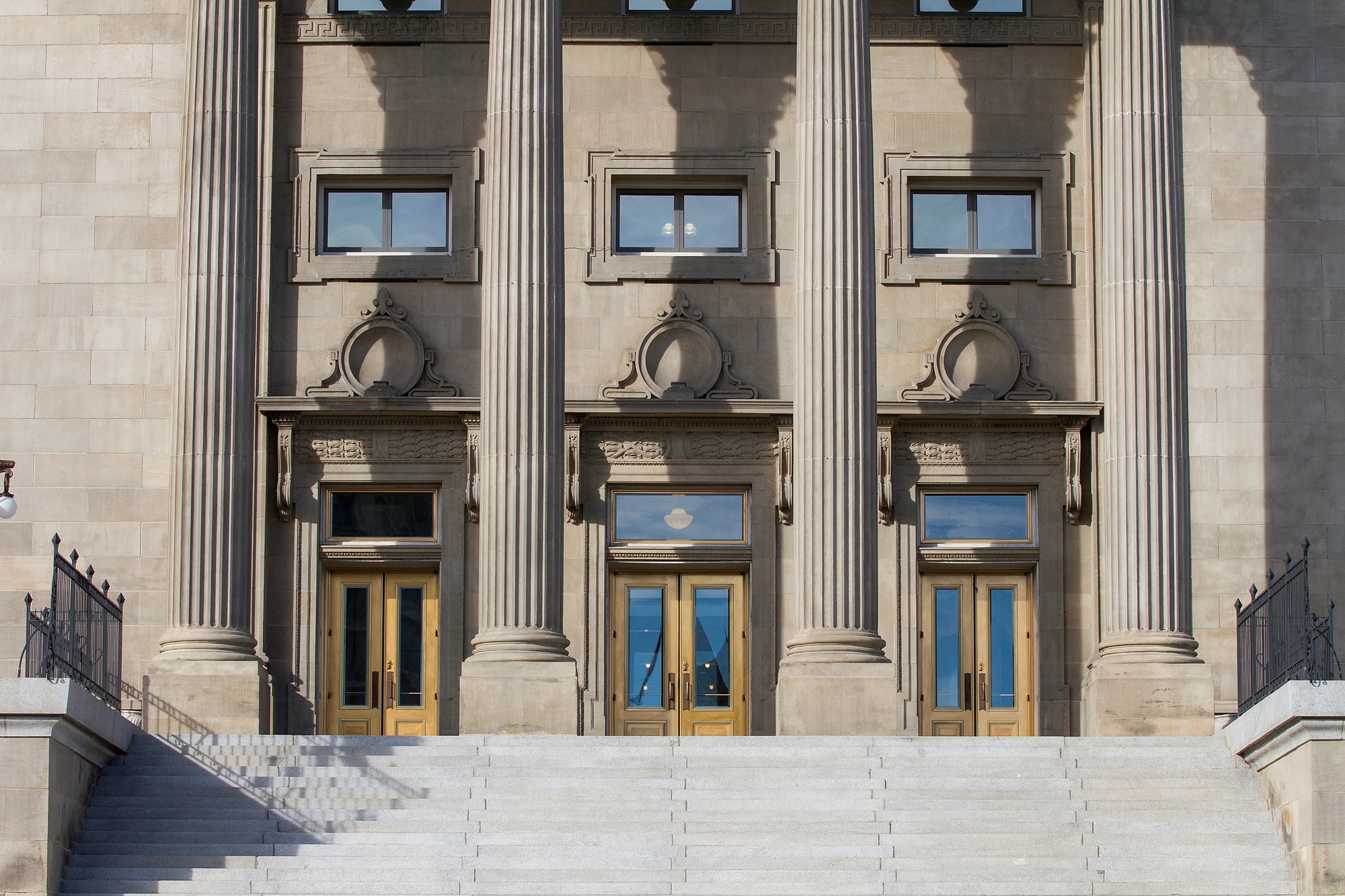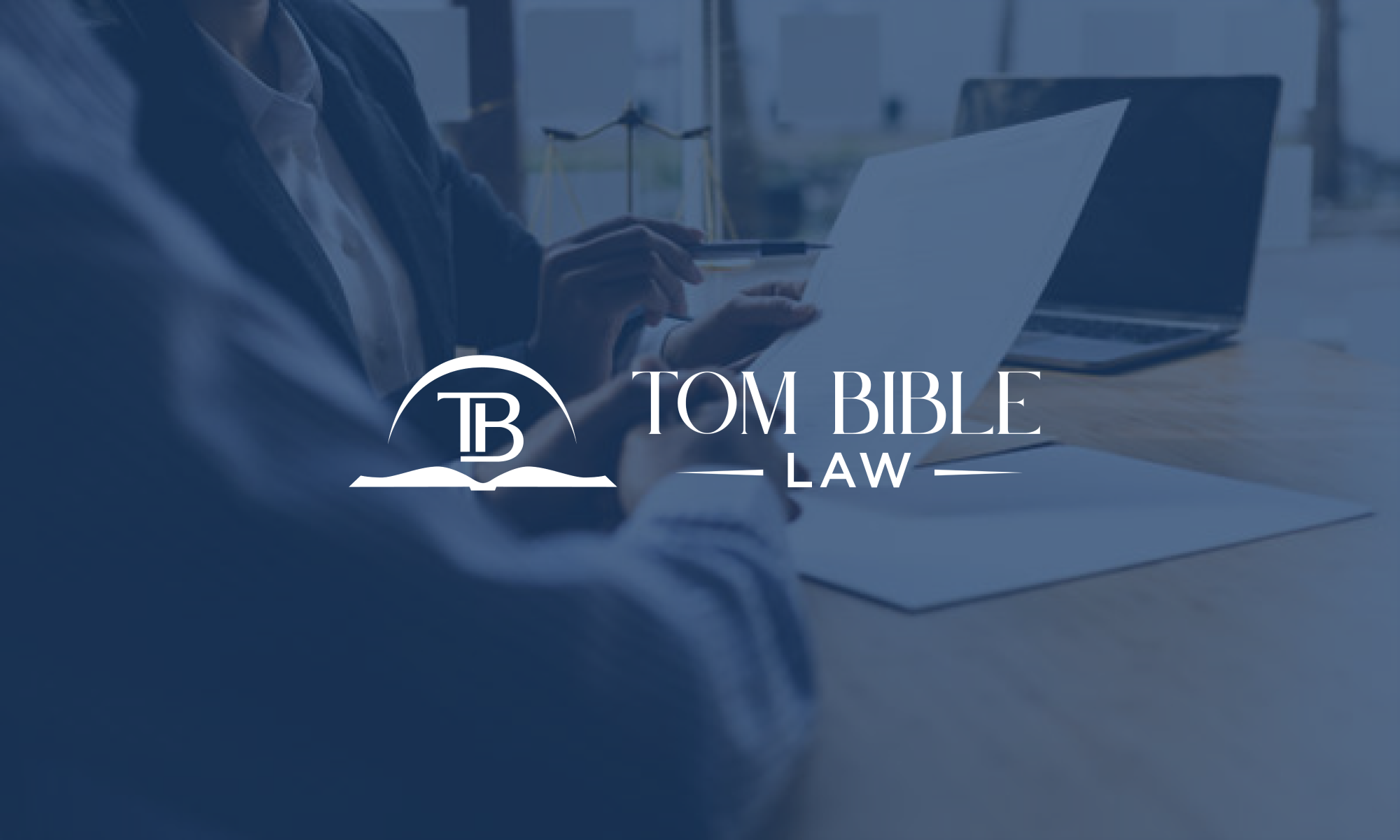Filing for bankruptcy can provide relief from overwhelming debt, but not all types of debt can be discharged. One of the most common questions people ask when considering bankruptcy is whether child support obligations can be included. Unfortunately, the short answer is no—child support debt cannot be Discharged In Bankruptcy. However, understanding how bankruptcy interacts with child support obligations can still offer significant benefits, especially for those struggling to manage other debts alongside child support payments.
1. Why Child Support Cannot Be Discharged
Child support is considered a priority debt under U.S. bankruptcy law. This means it takes precedence over other types of debts, such as credit card balances or medical bills, and it cannot be wiped out by filing for bankruptcy. The reasoning behind this is simple: child support is viewed as a legal obligation to provide for your child’s welfare, and the law prioritizes the financial well-being of children.
Even if you file for Chapter 7 or Chapter 13 Bankruptcy, child support payments are exempt from discharge. The courts will still require you to make those payments, regardless of your financial situation.
2. How Chapter 7 Bankruptcy Affects Child Support
In a Chapter 7 Bankruptcy, many of your unsecured debts, like credit cards and medical bills, can be wiped out. While this can provide substantial relief, it does not eliminate child support obligations. If you have missed child support payments, filing for Chapter 7 will not erase your arrears. You will still be required to pay any back child support in full.
However, Chapter 7 can make managing child support payments easier. By discharging other unsecured debts, you may have more disposable income to apply toward your child support obligations, reducing the overall financial burden.
3. How Chapter 13 Bankruptcy Affects Child Support
Chapter 13 bankruptcy may offer more flexibility if you’re behind on child support payments. In a Chapter 13 case, you set up a repayment plan that lasts three to five years, during which you repay a portion of your debts based on your income.
While Chapter 13 won’t discharge child support debt, it does allow you to include past-due child support in your repayment plan. This can help you catch up on missed payments over time without the immediate pressure of having to pay everything in a lump sum. However, you’ll still need to make regular, ongoing child support payments during the course of your bankruptcy.
4. Child Support and Automatic Stays
One of the most beneficial aspects of filing for bankruptcy is the automatic stay, which temporarily halts collection actions on most debts. However, child support obligations are an exception to this rule. Filing for bankruptcy will not stop child support enforcement actions, such as wage garnishments or property liens. The courts will continue to enforce child support payments throughout the bankruptcy process.
5. The Benefits of Bankruptcy for Child Support Obligations
Although you can’t discharge child support through bankruptcy, filing for bankruptcy can still make a significant difference in your ability to meet these obligations. By eliminating or restructuring other debts, bankruptcy can free up more income to put toward child support. This can be especially helpful if you’re juggling various financial responsibilities, such as credit card bills, medical expenses, or personal loans, alongside child support.
Contact Tom Bible Law Today!
If you’re struggling with debt and child support obligations, our Chattanooga bankruptcy lawyers can help. Contact Us Today for a free consultation to discuss how bankruptcy might provide financial relief and help you manage your child support responsibilities. We’re here to guide you through the process.




